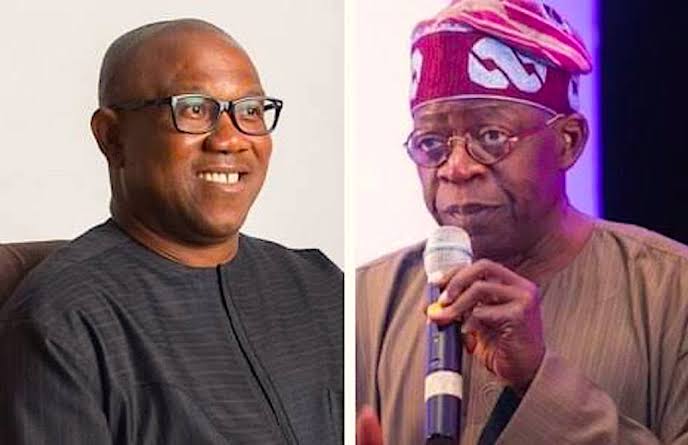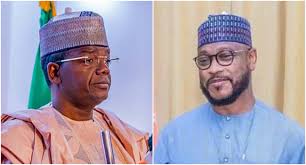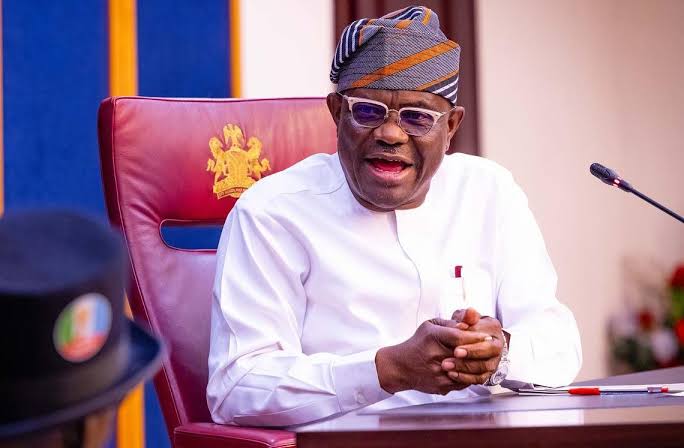Presidency Labels Peter Obi “Desperate for Power” and “Ignorant About Governance” Amid Economic Policy Debate
The Nigerian Presidency has fired back at former Labour Party presidential candidate Peter Obi, describing him as “desperate for power” and lacking a grounded understanding of governance and economics. This response came following Obi’s recent comments on President Bola Tinubu’s economic policies, particularly regarding the removal of the fuel subsidy and the unification of the foreign exchange market.
Daniel Bwala, the Special Adviser to the President on Policy Communication, made these remarks in a statement shared on his official X (formerly Twitter) account on Monday.
Bwala expressed surprise at Obi’s apparent agreement with key policies of the Tinubu administration, highlighting that the former Anambra governor’s endorsement seemed more focused on political positioning than genuine economic insight.
Obi’s Stance on Fuel Subsidy Removal and Forex Unification
During an interview on Arise TV, Peter Obi acknowledged that the removal of the fuel subsidy and the unification of the foreign exchange market were necessary steps.
He admitted he would have implemented similar policies if elected president but claimed he would have done so in a more “organised” and gradual manner, criticizing the current administration for what he described as a “haphazard” approach.
However, Obi challenged President Tinubu to provide a transparent account of how the billions saved from subsidy removal have been utilized by the government. This demand underscores Obi’s call for greater accountability in the management of public funds.
Presidency’s Response: Power Grab Over Policy Substance
Bwala’s statement questioned Obi’s economic expertise and accused him and other opposition figures of being primarily interested in seizing power rather than presenting viable alternatives. He wrote, “Anybody with a rational mind knows these guys are just looking to grab power, but they don’t have any alternative agenda.”
He further described Obi’s economic knowledge as “shallow” and criticized his inability to clearly articulate what he meant by a more “organised” implementation of economic reforms during the Arise TV interview. Bwala also noted the unusual tone of the interview, pointing out that Obi did not adopt his typically aggressive stance, possibly due to the presence of an interviewer sympathetic to his movement.
Political Implications
The exchange highlights growing tensions between the ruling administration and opposition figures ahead of Nigeria’s political contests. Obi’s critique of the government’s economic management reflects ongoing public debates about the best way to address Nigeria’s fiscal challenges, including subsidy reforms and currency stabilization.
Meanwhile, the Presidency’s sharp rebuttal seeks to undermine Obi’s credibility by framing him as a political opportunist lacking substantive policy ideas. This narrative aims to consolidate support for President Tinubu’s administration and its reform agenda.
The debate between Peter Obi and the Presidency encapsulates the broader struggle over Nigeria’s economic future and political leadership. While Obi calls for accountability and a more measured approach to reforms, the Presidency dismisses him as a power-hungry figure unfamiliar with the complexities of governance. As Nigeria navigates these critical policy decisions, the discourse between government and opposition will likely continue to shape public perception and political dynamics.




